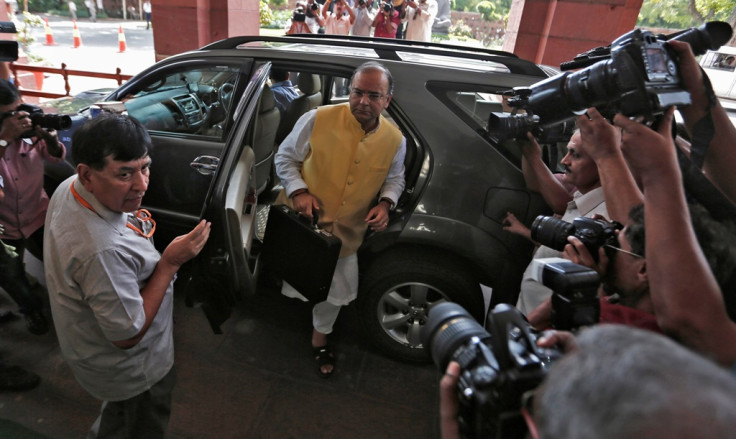India Budget 2014: Lack of Clarity on GST Roll Out a Big Dampener

India's Finance Minister Arun Jaitley, presenting the annual budget on 10 July, said the government hopes to roll out a landmark tax reform to merge India's 29 states into a common market by December 2014.
Jaitley also said that New Delhi will be "more than fair" in its dealings with India's states about how revenue should be allocated under the planned goods and services tax (GST) regime.
A GST regime could add about 1.5% to the nation's GDP, Krupa Venkatesh, senior director, Deloitte Touche Tohmatsu India, wrote in a column published on Firstpost.com.
Economists have said that a nationwide GST will boost revenue, while making it easier to do business in the sub-continent.
However, the 'biggest dampener' to the Indian industry in this year's budget, is the 'lack of clarity on the implementation of GST', Sachin Menon, chief operating officer (tax & regulatory services) and national head (indirect tax), at KPMG India said.
What is GST?
The GST is a destination-based tax regime while the prevailing regime is origin-based. As such, producer states fear they will lose revenue.
The federal government's unkept promises on payment of compensation for reducing central sales tax (CST) rates have stalled progress in GST negotiations with states.
Indirect Tax Proposals
"While the expectation from [Jaitley] was to follow the [Bharatiya Janata Party's] tagline of 'ache din' [good days], the [budget'] indirect tax proposals have been more in the nature of maintaining order rather than making policy changes that would benefit the industry," Menon said in an emailed note.
"The indirect tax proposals...have been aimed at boosting the manufacturing sector, reducing litigation, broadening the service tax base, facilitation of trade and disposal of appeals. Some of the sectors which have been incentivized include power, infrastructure, shipping and electronics, through reduction in customs duty on inputs and excise duty on output...
"Further, the most unexpected proposals of restricting the availment of Cenvat Credit within [six] months, taxing clinical trials and the compulsory pre-deposit for admission of appeals seem to carry the imprint of the bureaucracy that would affect the industry significantly," Menon added.
Replacing India's existing indirect taxes with the GST will 'create a national market, eliminate cascading taxes, and align taxation of imports and exports correctly', the India Economic Survey said on 9 July.
© Copyright IBTimes 2025. All rights reserved.






















